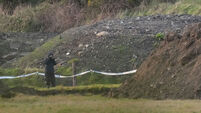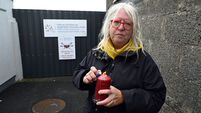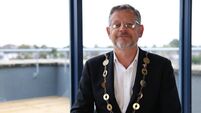A year to forget in the life of Brian
THE last year has been the worst time in my memory of living here in Ireland, and I think even if he was Mother Teresa, he wouldn’t be getting good publicity.”
So argues Fianna Fáil senator Geraldine Feeney, a long-time friend of Brian Cowen and his family.













